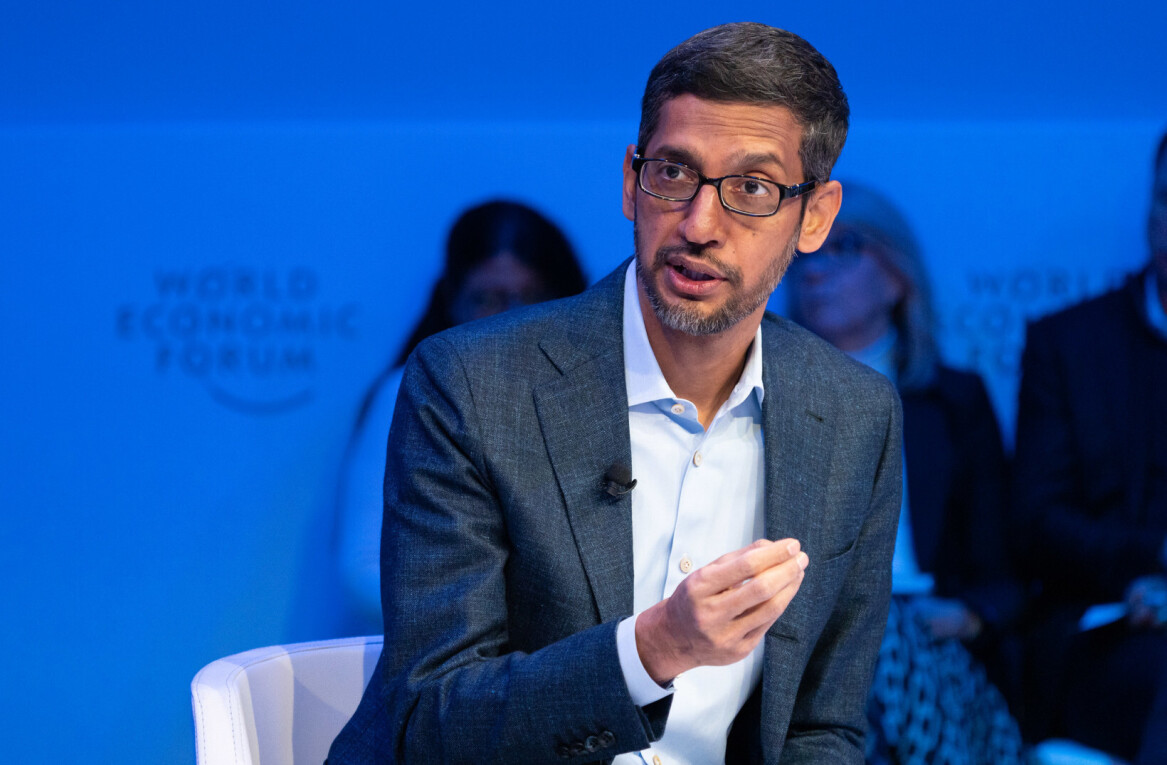
According to CNN, Google’s proposed stock split moved closer to execution this weekend as the company’s board approved a set of new stipulations regarding the guiding rules of the financial maneuver. The company has yet to file the new, proposed agreement, but it will largely mirror the initial plan, under which a new, non-voting class of stock would be issued to all current shareholders on a one to one basis.
The new deal also stipulates that when the company wishes to employ more than 10 million shares in an acquisition, it must contemplate the impact that the issuance will have on voting shareholders, and the larger company. Also in the new agreement, according to CNN, is a clause that if the company’s founders commence a – presumably large-scale – sale of their equity positions in Google, it will “consider abandoning the multi-class stock concept.”
Currently Google’s founders and former CEO Eric Schmidt collectively control more than 60% of its voting privileges. They are loathe to lose any of that control.
However, to preserve their position, and assuage investors, part of the stock split will not allow the three to sell non-voting stock, and retain only their equity that comes with voting power. As TNW reported in April of 2012:
Finally, Google has instituted a program for Eric, Larry, and Sergey that will keep their voting and economic rights in line. They call it a ‘stapling agreement.’ Essentially, it means that those three can’t dump class C shares, leaving them with a decreased economic interest in the firm, and a proportionally larger voting interest. This is to keep the system fair, in other words.
Given the new terms, I suspect the split will go through simply. Google currently trades at $887.88, which implies that both classes of shares, once the new equity is issued, will trade for north of $400. That’s still a pricey stock – Microsoft trades for a more modest $35, despite having a nearly identical market cap – but more modest than its current cost.
Top Image Credit: Emmanuel Huybrechts
Update: A small correction was enacted regarding the 10 million share figure, and how it relates to acquisitions. I apologize for being slightly wrong the first time ’round.
Get the TNW newsletter
Get the most important tech news in your inbox each week.




